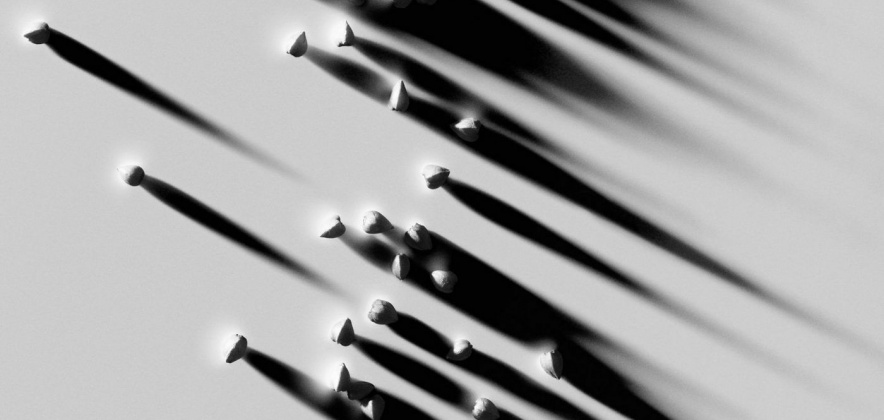
Abstract
«Everyone – observes Herder – is a universe in which unknown inner strengths sleep in the shadow like kings never born». In our subjectivity there are great potentialities that we can not express during our life: these potentialities remains in the «dark side» of our shadow. According to Carl Gustav Jung, «everyone carries a shadow, and the less it is embodied in the individual's conscious life, the blacker and denser it is». The shadow is composed of the dark and unknown aspects of our personality: it describes the part of the psyche that an individual would rather not acknowledge. As Dostoevskij, Jung defines the shadow the «underground of our soul». It contains the denied parts of the self: since the self contains these aspects, they surface in one way or another. Bringing shadow material into consciousness drains its dark power, and can even recover valuable resources from it. The greatest power comes from having accepted our shadow parts and integrated them as components of our self. The person we choose to be, automatically creates a dark double: the person we choose not to be. Robert Louis Stevenson’s story of Dr. Jeckyl and Mr. Hyde is the symbolic story of a man and his shadow. Everyone has his own shadow. The shadow refers to everything that has been repressed and embodies all of life that has not been allowed expression . It is the hidden side of the human psyche: our psychic twin that follows us like a mirror image. Although many people use the word «shadow» to refer only to the darker parts of our nature, it contains also the golden selves that we find it too risky to see or to allow ourselves to manifest during our life.
 Classified "A" by ANVUR in the fields 11/D1, 11/D2 Scientific in the field 14.
Classified "A" by ANVUR in the fields 11/D1, 11/D2 Scientific in the field 14.





